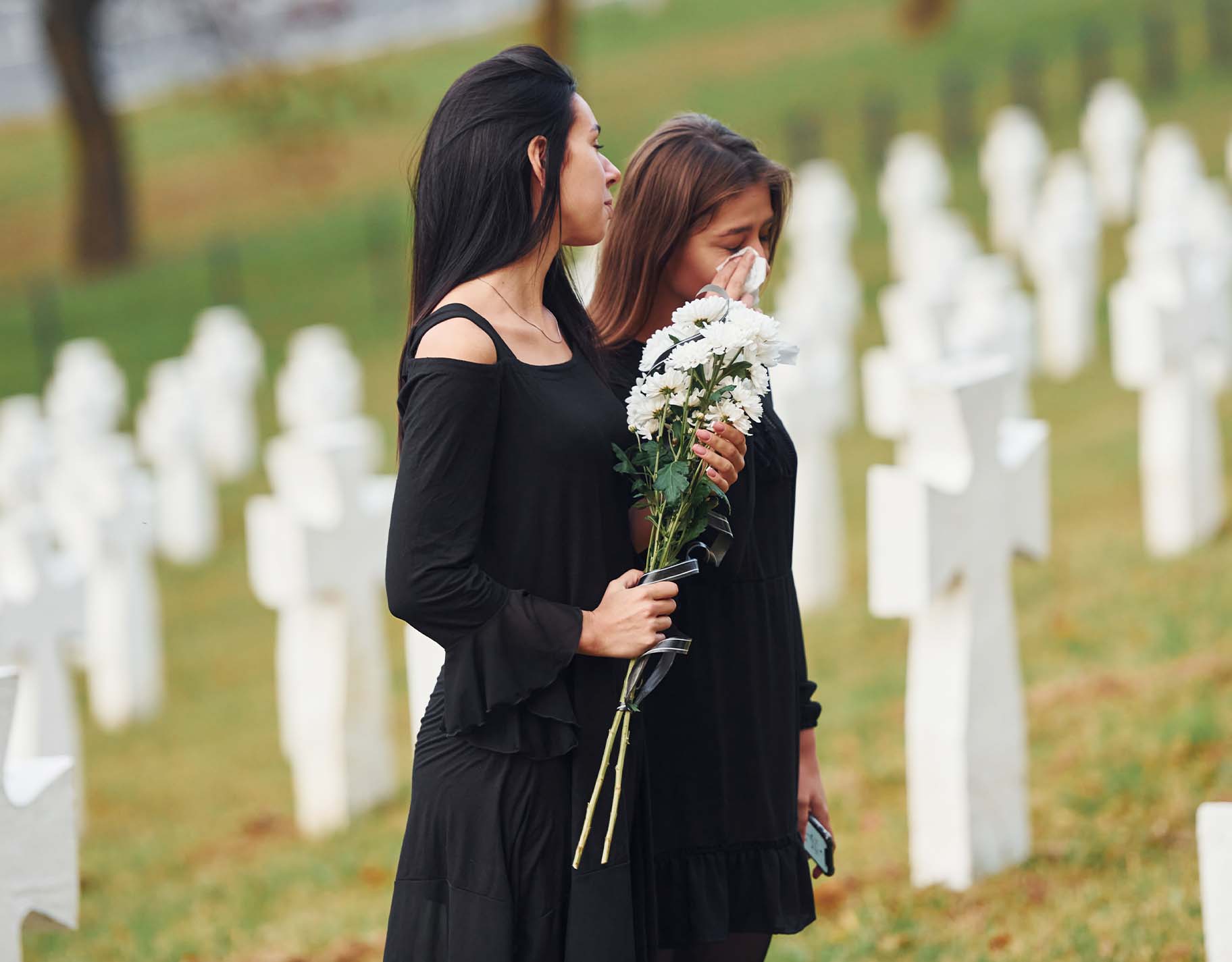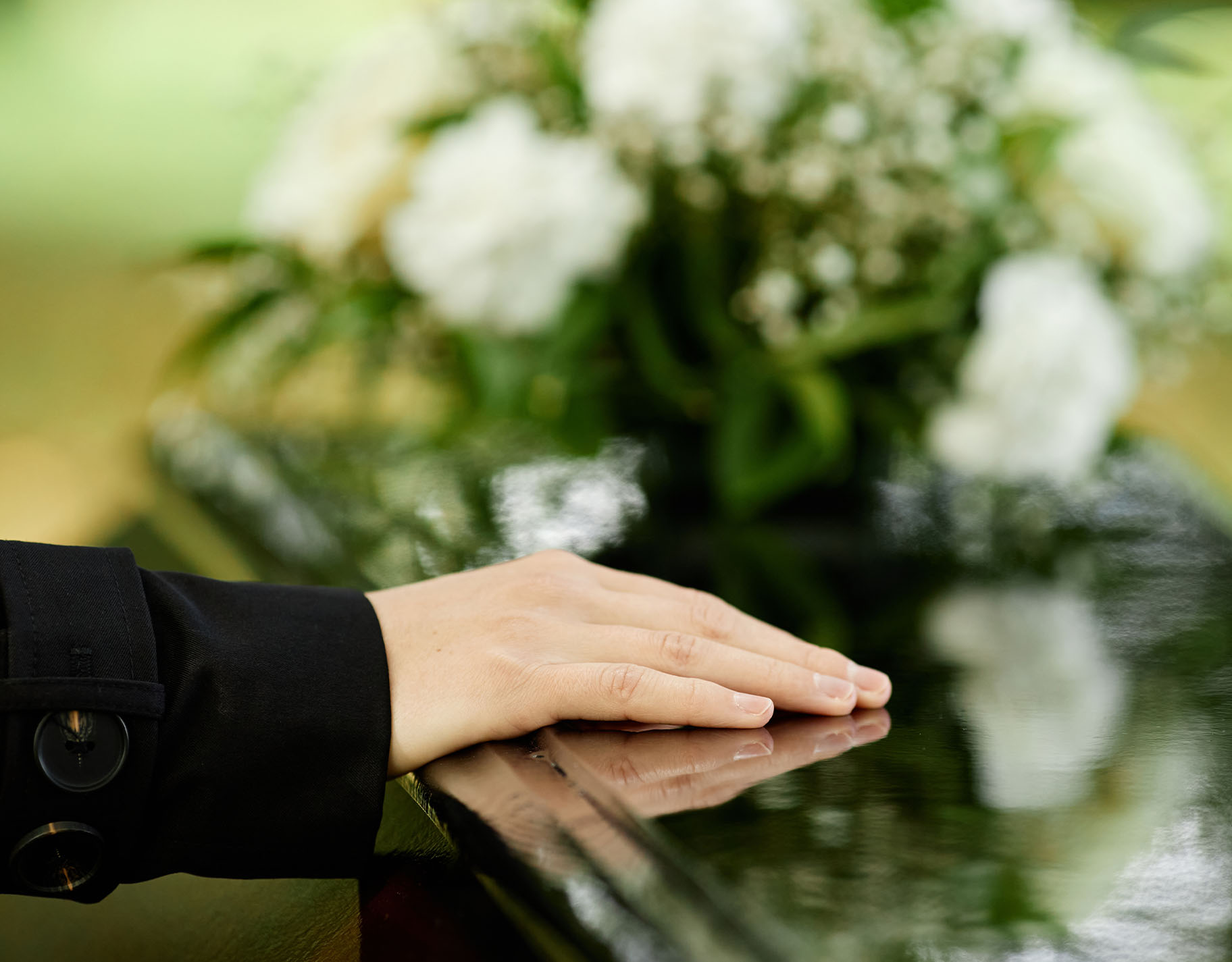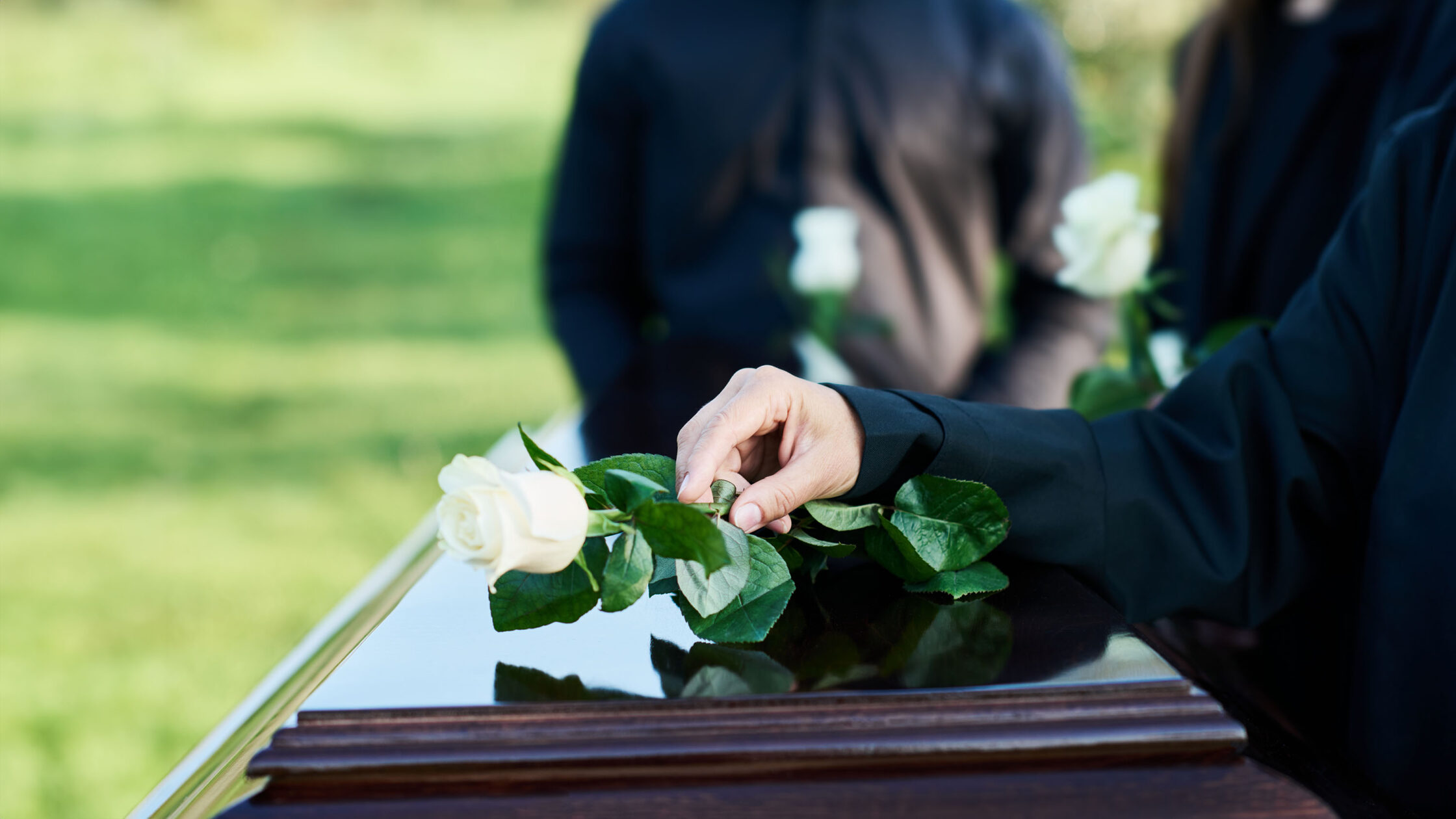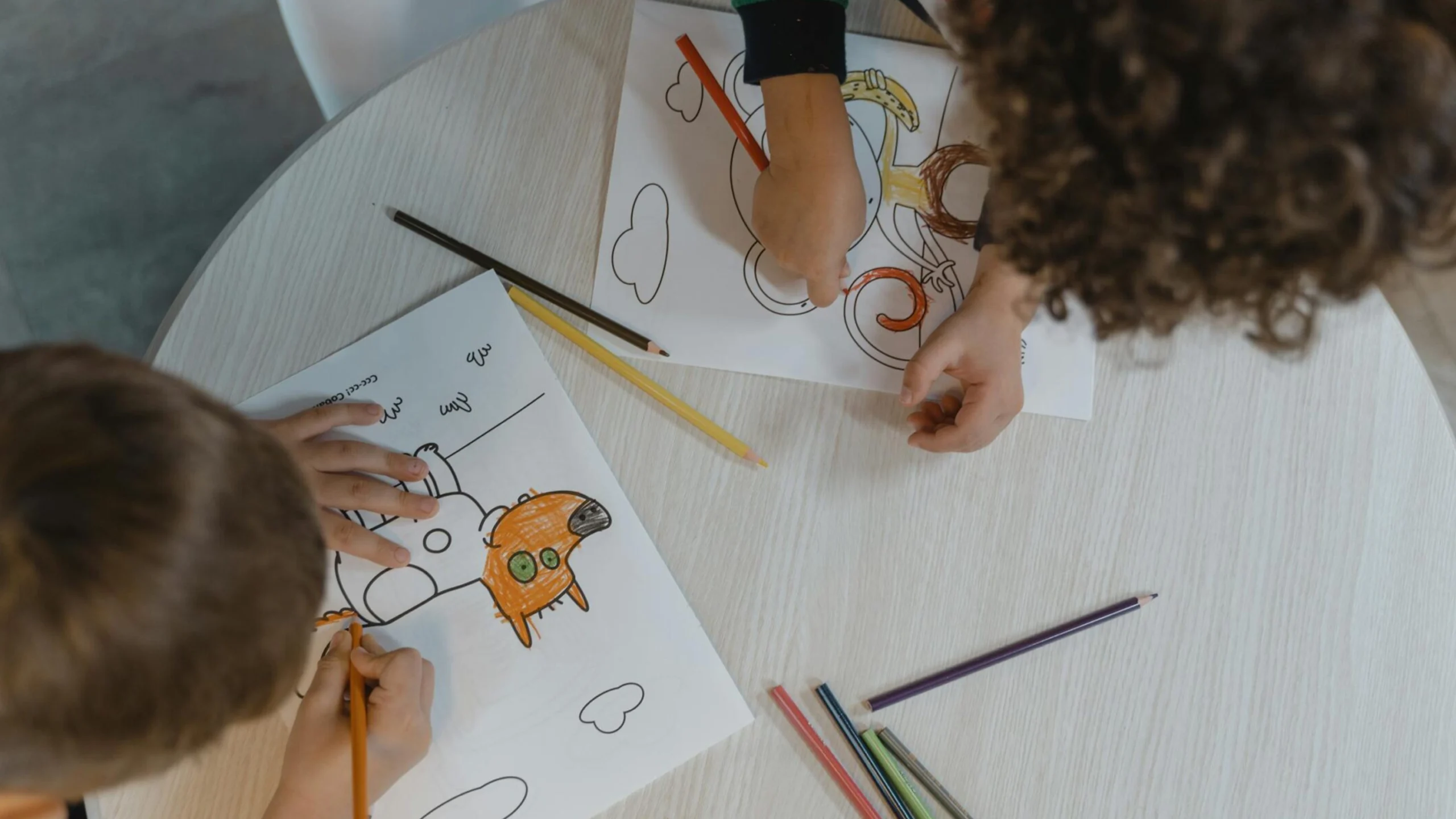Different Ways of Coping With Death & Loss of a Loved One
The usual coping mechanism of any family member, when someone dies, is usually crying. But not everyone has that same approach — others may have a coping mechanism that may seem reckless or downright cold.
While Death is inevitable, it’s not easy to process. Even if some of us knew it was coming for a loved one, there’s nothing in the world that can prepare us for that loss. Whether it’s for a grandparent, a parent, a sibling, or even a child, the ups and downs of Life can affect how we cope with Death. Unfortunately, some coping strategies aren’t always socially acceptable at first sight.
Here are some strategies family members use to cope with death or loss of a loved one:

1. Crying
Crying is the usual and most normal mourning behavior. It expresses the pain of someone disappearing from their lives completely. We often forget that a person is an experience; the memories of their voice, behavior, and lessons they’ve taught — these are all that’s left of the person who left us behind. Although we have photos and certificates of their accomplishments, the warmth they gave is the one we’ll miss the most.
2. Dissociation
Originally coined from Dissociative Identity Disorder (DID) or the famous Multiple Personality Disorder, Dissociation is a common coping mechanism, especially among individuals who grew up with parents who were emotionally unavailable for their children.
On the outside, they appear stoic. In some cases, we’ll think of these people as “cold” and “uncaring.” It’s also easy to dismiss that they weren’t “close to the person” unlike the others. However, that’s quite far from the truth: they know the weight of the loss of a loved one but have chosen a route where their emotions don’t leak. Oftentimes, they rationalize — the act of coming up with a logical reason why the person passed away.
When we see someone like this, offer to talk about it with them. Let them air out their rationalizations and epiphanies. It may feel like going to a collegiate Philosophy class again but it helps them cope with the loss just as much.
3. Loss of self-preservation
Death of a loved one is always a reminder of one’s mortality: Life is short and we don’t know when Death will take us. And for some people, it’s unbearable. How some people cope with Death is that they do all sorts of risky behaviors — drugs, fast driving, physically dangerous activities, eating unhealthy food, and all these are because they’re trying to find control of their lives again. Their survival proves that they are masters over Death, despite knowing that it’s impossible to control death.
When we have a loved one who copes with Death like this, interfering and saying “no” to the things they do is the last thing they want to hear. But of course, we don’t want them to tempt fate! Support from the side if need be; if they eat unhealthy food, a cup of hot tea will help break things down. Drug abuse may need professional help and if it’s fast driving, make them pay for the gas or damages to the car. That’ll discourage them from any form of recklessness.
4. Regression
If the Death and loss were highly traumatic then, some people “roll back” or “regress” into behavior they stopped doing because of that person. Frustrating as it is, their minds are telling them that the action [the regressed behavior] is the only thing that keeps them alive. In a way it does, especially if that loved one often soothed them.
However, we know that they can’t keep doing that either. One way is to join them in their journey as they behave that way. We don’t have to do the behavior with them but, we can help others understand. Some therapies like “crawl therapy” often turn these regressions into healthier coping behaviors.
5. Mismatched emotions
Medically known as “incongruent affect,” this is when we express an inappropriate emotion to mask the appropriate one. Strange as it sounds, most people who express mismatched emotions when faced with Death as a coping mechanism often come from households where they had to adopt a personality that allowed them to be stable. Like, if we grew up in a house that’s always yelling and angry, we often have a calmer demeanor.
These people often didn’t grow up in an environment where they felt emotionally safe. The best thing we can do for these people is to stay with them and not judge their expressions until they’re ready.

Everyone has their way of coping with the loss of a loved one or death
There’s no one correct strategy of coping with the loss of a loved one or Death. The only reason why we’ve become so nitpicky with it is because we fear how our other family members will look at us.
Kids oftentimes dissociate but not because they’re not close to the person. Death, being an extremely abstract concept, takes time to sink in. In a lot of cases, they’ll ask questions that nobody would dare ask because they’re trying to understand the situation. More sensitive kids however will remain silent, feeling that the world is already overwhelmed.
When dealing with Death or the loss of a loved one, the last thing anybody needs is a judge on how they cope. Everyone goes through Kübler Ross’ five stages of the grief cycle: denial, anger, bargaining, depression, and acceptance. But how they go through it is unique and the best thing we can do is be there for them.
More stories about death?
Remembering Matthew Perry in Death: How He Taught Us How to Laugh
Cheslie Kryst’s Mom Posts Tribute on Her 1st Death Anniversary
Life After Death: A Husband’s Story about Love, Life, and Loss









